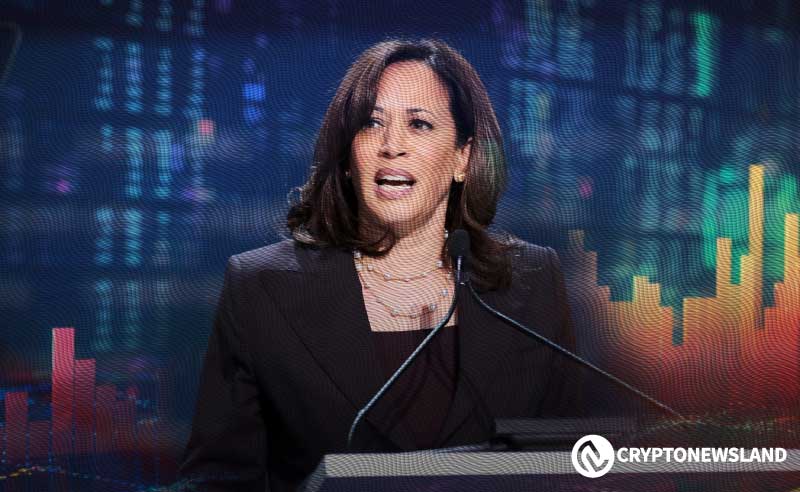- Kamala Harris recently endorsed a plan that would introduce an annual tax on any ‘locked-in’ gains above $100 million; this tax targets the top 1% of 2% of the U.S. population.
- Opponents have claimed that the taxation of unrealized gains is unconstitutional and could prompt the appropriate litigations and economic consequences.
- Many have cautioned that the proposed tax may cause large-scale selloffs and reduced market fluidity, especially in cryptocurrency.
Democratic presidential nominee Kamala Harris seems to back unrealized capital gains tax, a policy Biden put forward. During an interview, Harris’s economic advisor, Bharat Ramamurti, recently defended the above-discussed tax, stating that it would only affect wealthy Americans. However, some legal scholars and critics argue that this proposal is unconstitutional and would meet legal challenges on the way.
Understanding the Proposed Tax
The proposed tax on unrealized capital gains would target individuals who possess assets valued at $100 million and above, thus altering the income of less than 0.5% of the U. S population. As per Ramamurti, considering the flaws in the present system of capital taxation, such a tax would be pretty rational considering the existing scenario. He said it was like property taxes whereby individuals are expected to pay annual taxes on their houses even if they have never sold them.
Nevertheless, the proposed tax has yet to be well received, mainly due to constitutional concerns, as Ramamurti has elucidated. Introducing taxes for unrealized gains (profits that can theoretically be made from an investment but have not been sold yet in cash) may violate the Constitution. However, host Joe Kernen was against this kind of taxation, saying that it would be unconstitutional and would lead to capital depletion from the U. S. markets.
Potential Economic Impact
The proposal has caused some concern among market analysts and investors especially those dealing with cryptocurrencies. As some experts pointed out, the introduction of the tax on unrealized gains can lead to massive sales which could reduce the liquidity of financial markets and lower potential tax revenues compared to expectations.
Some critics such as Blockstream CEO Adam Back have argued that such policies could lead the U. S towards economic collapse.The outcome of this policy debate could have far-reaching consequences for wealth taxation in the United States.

